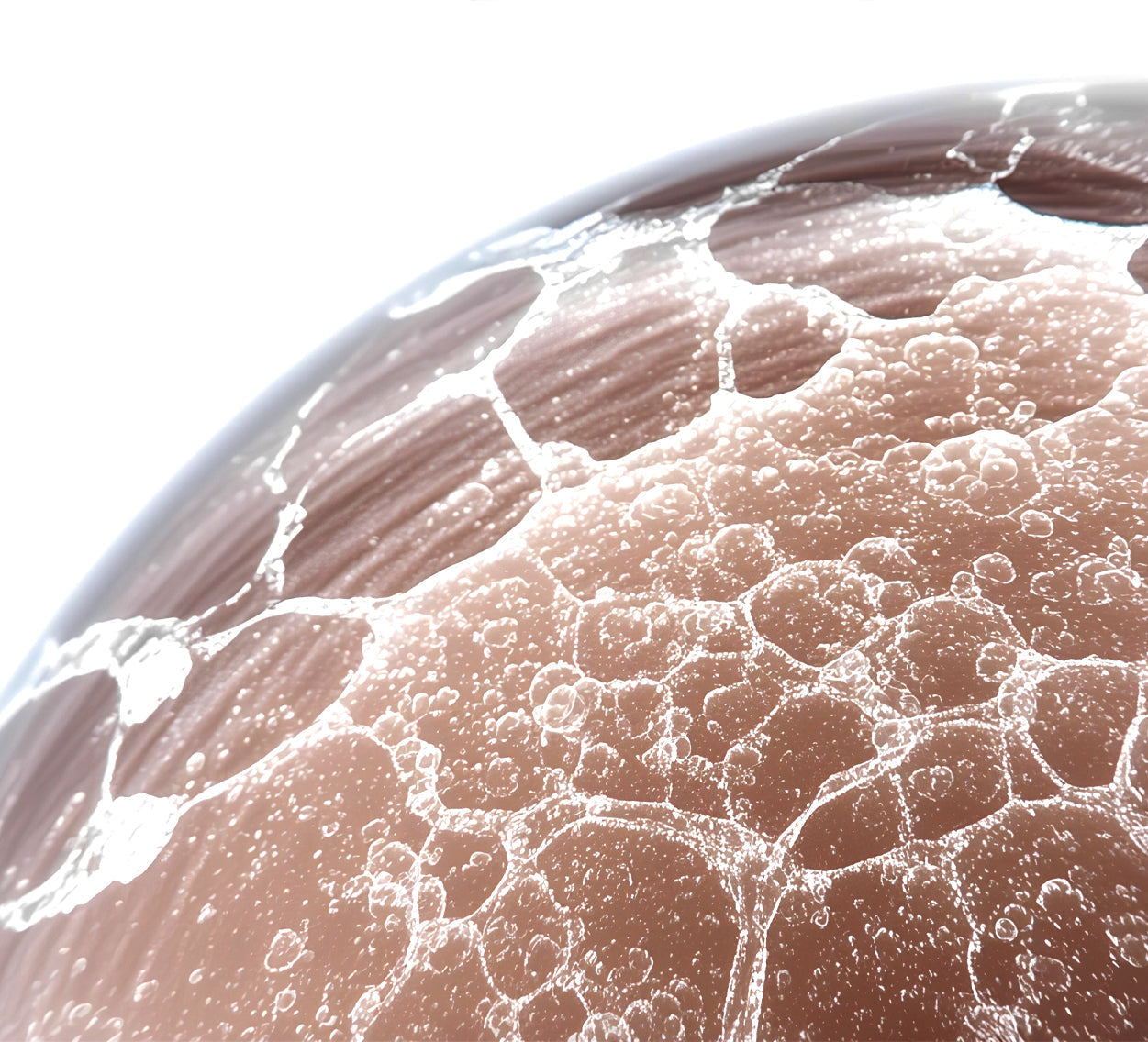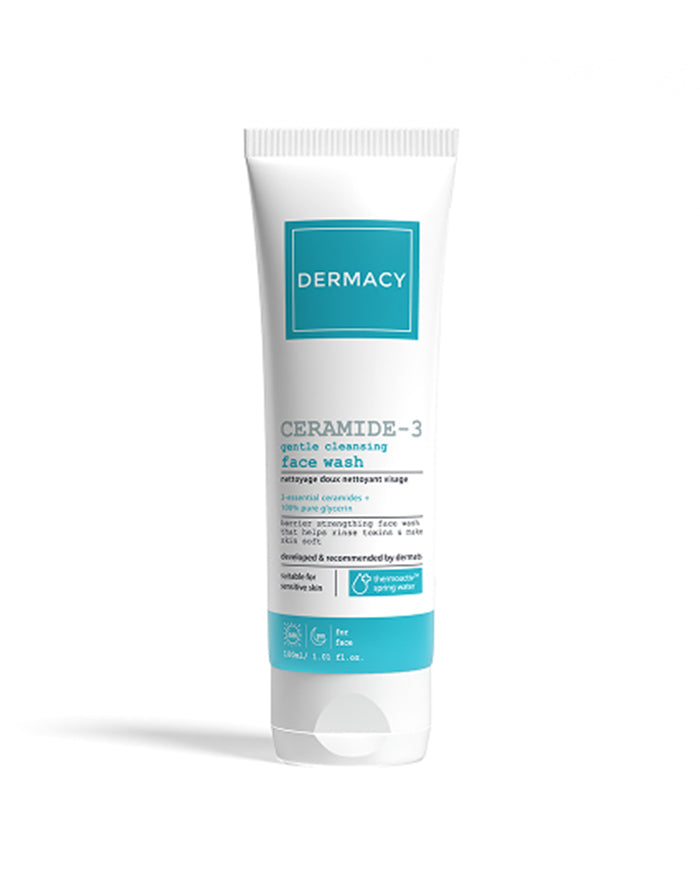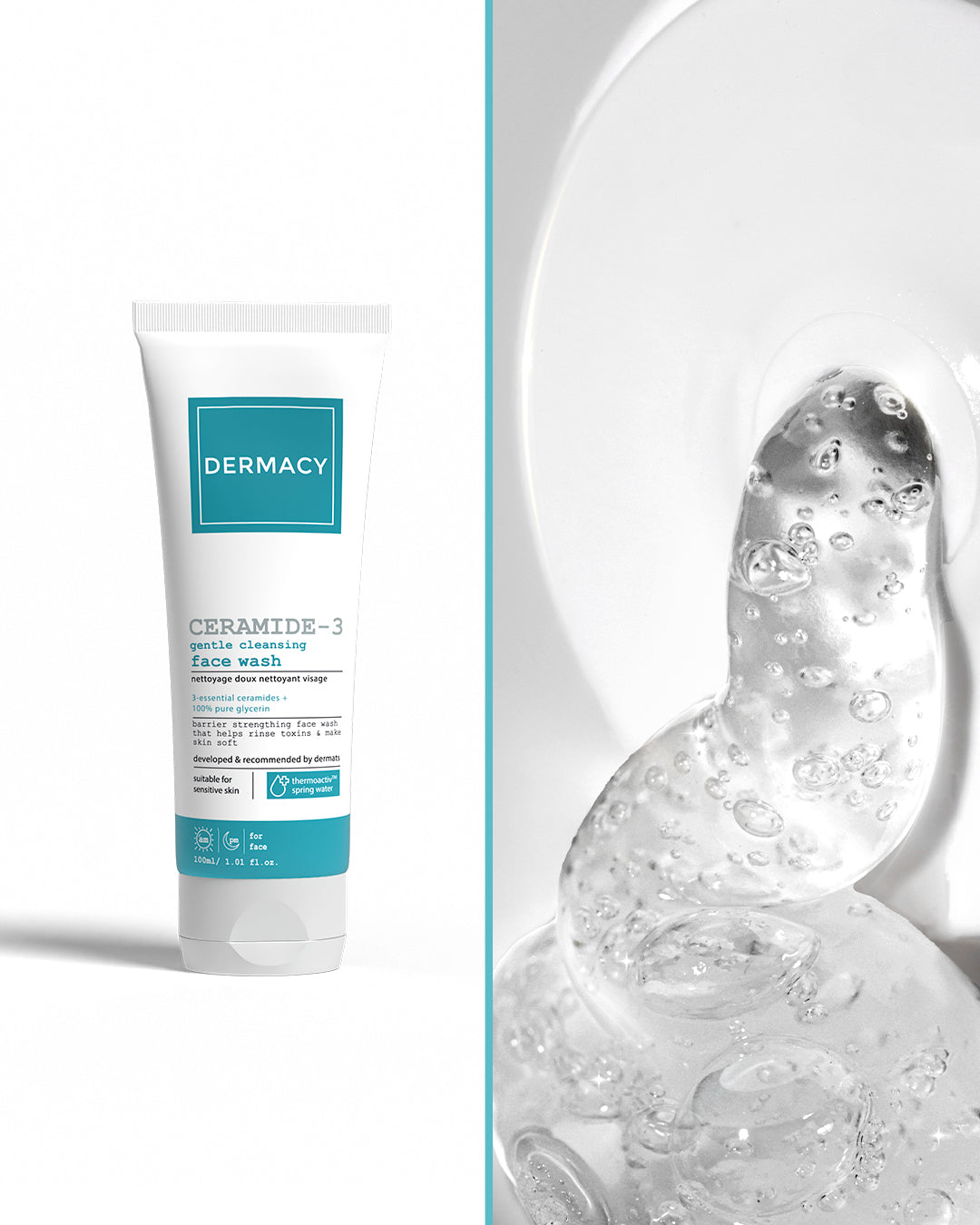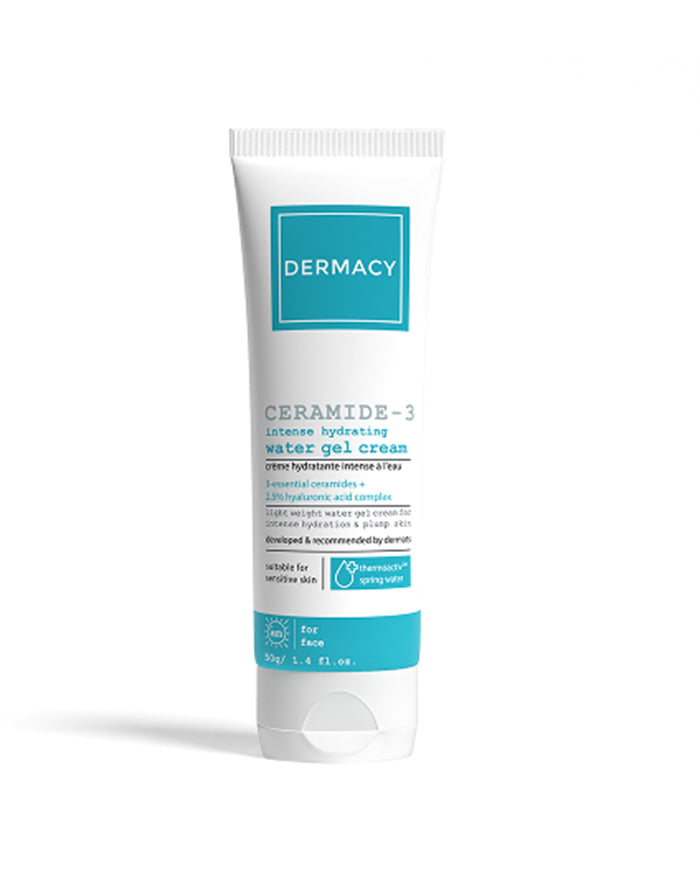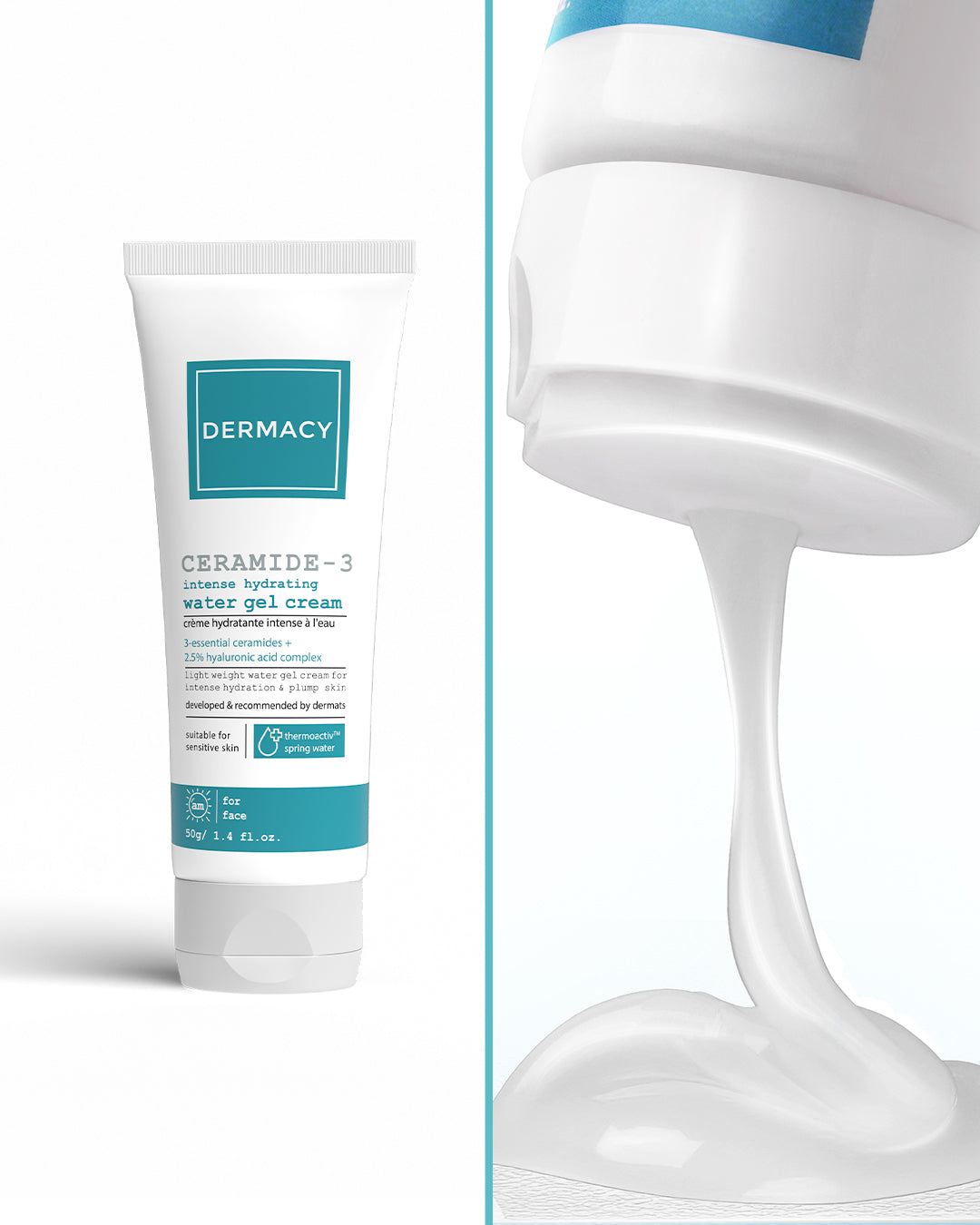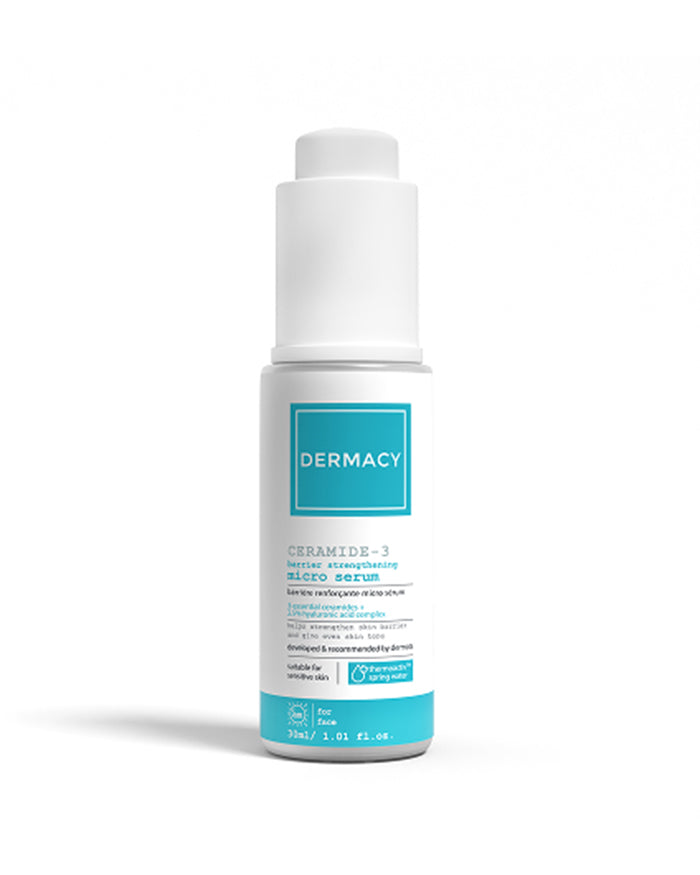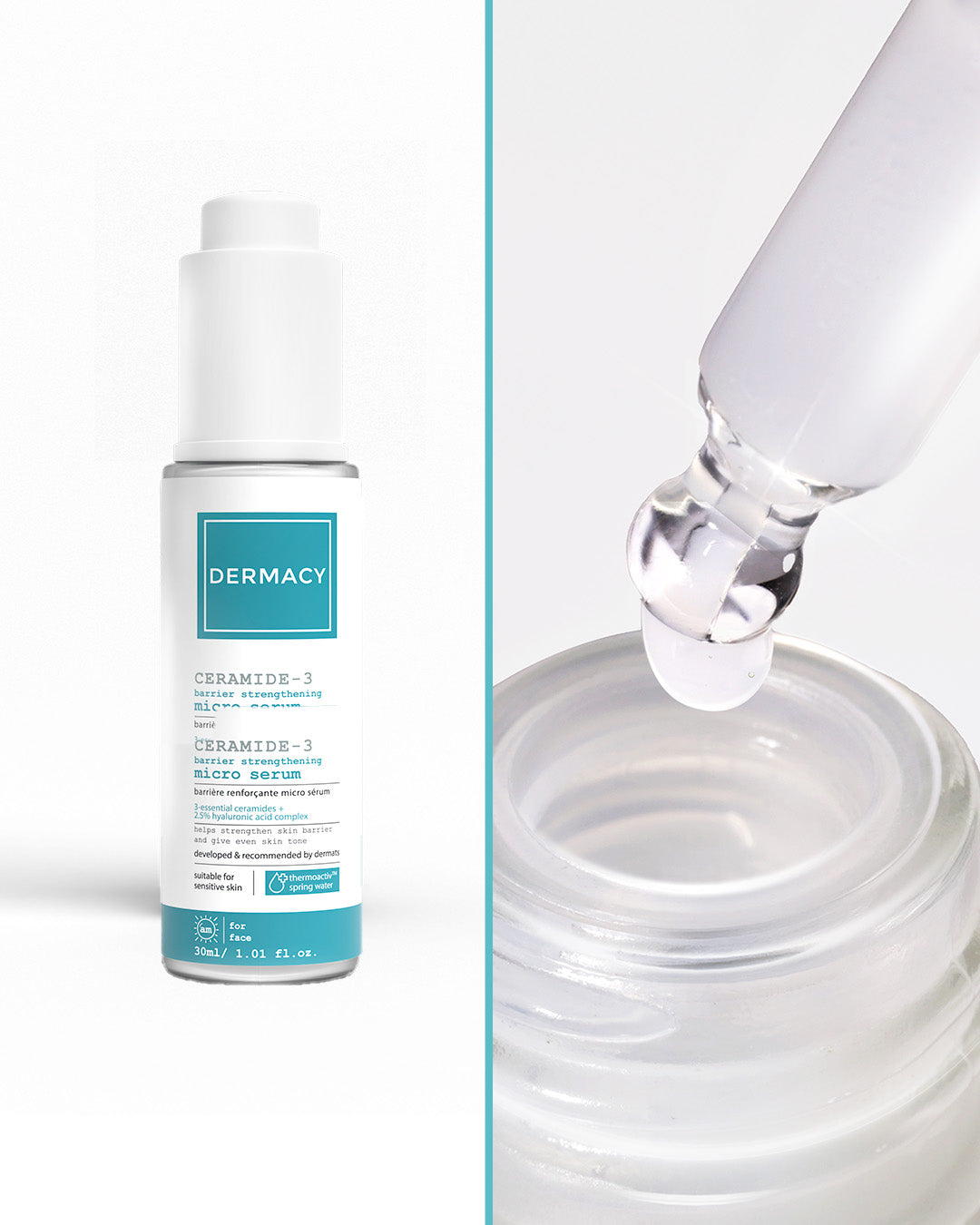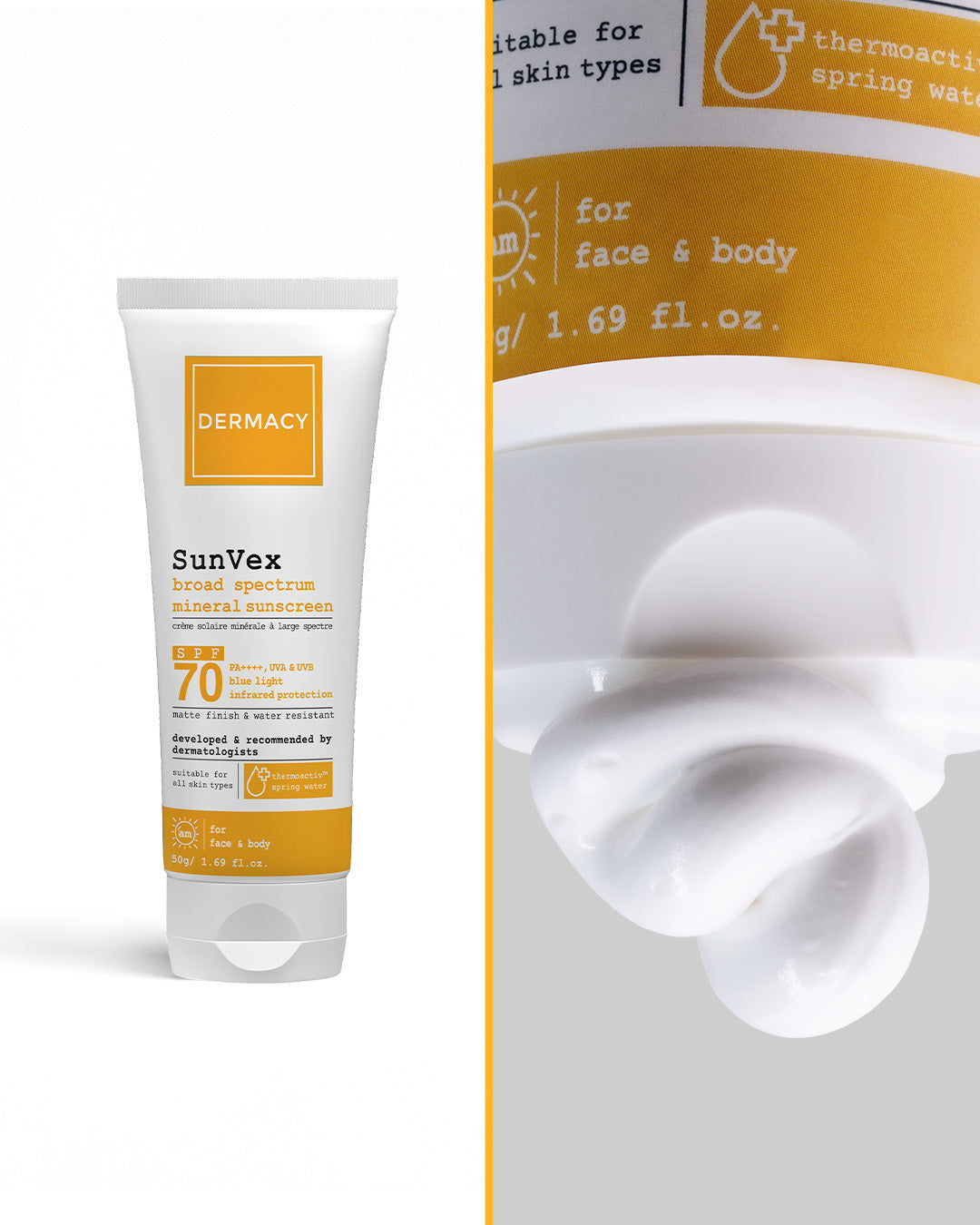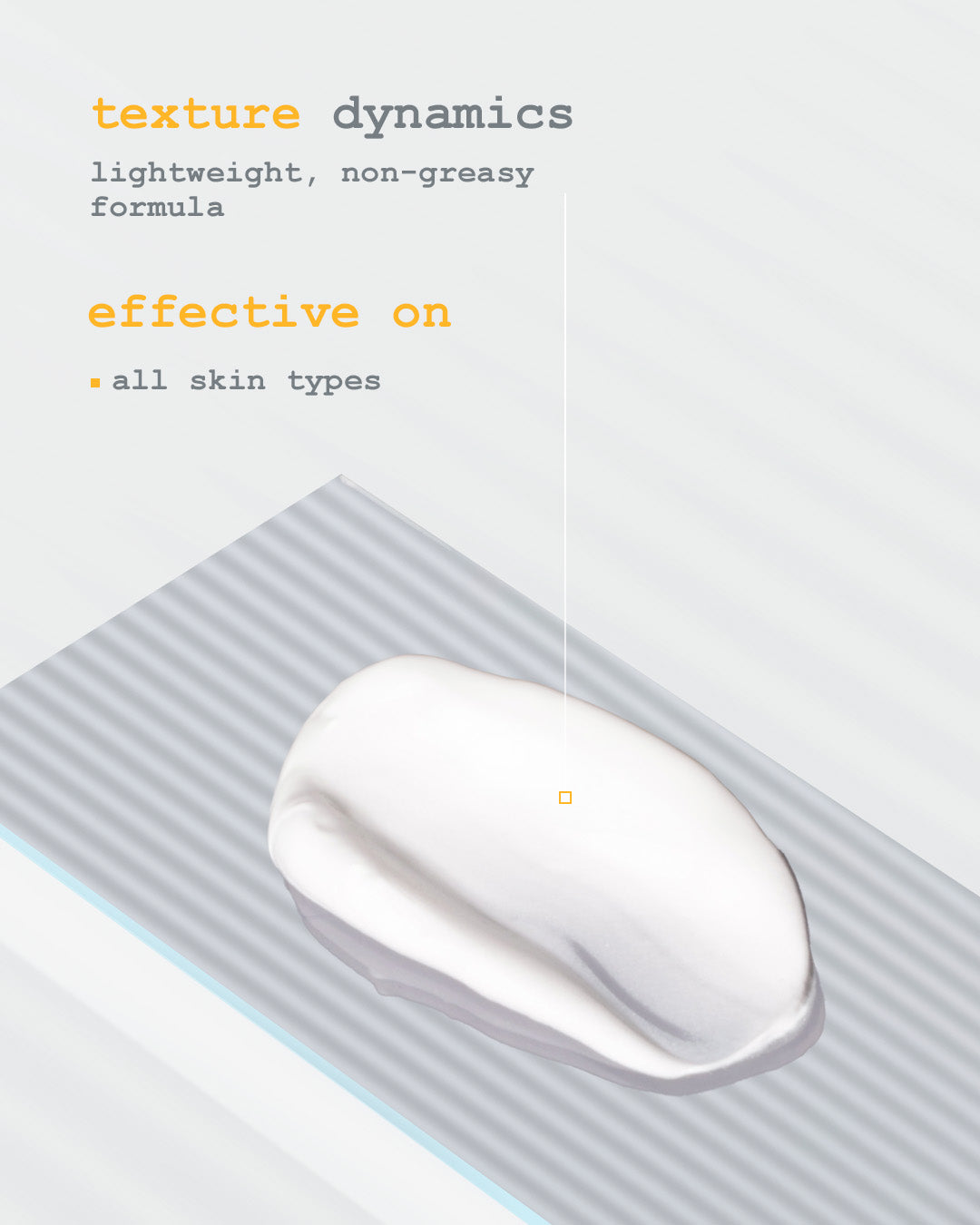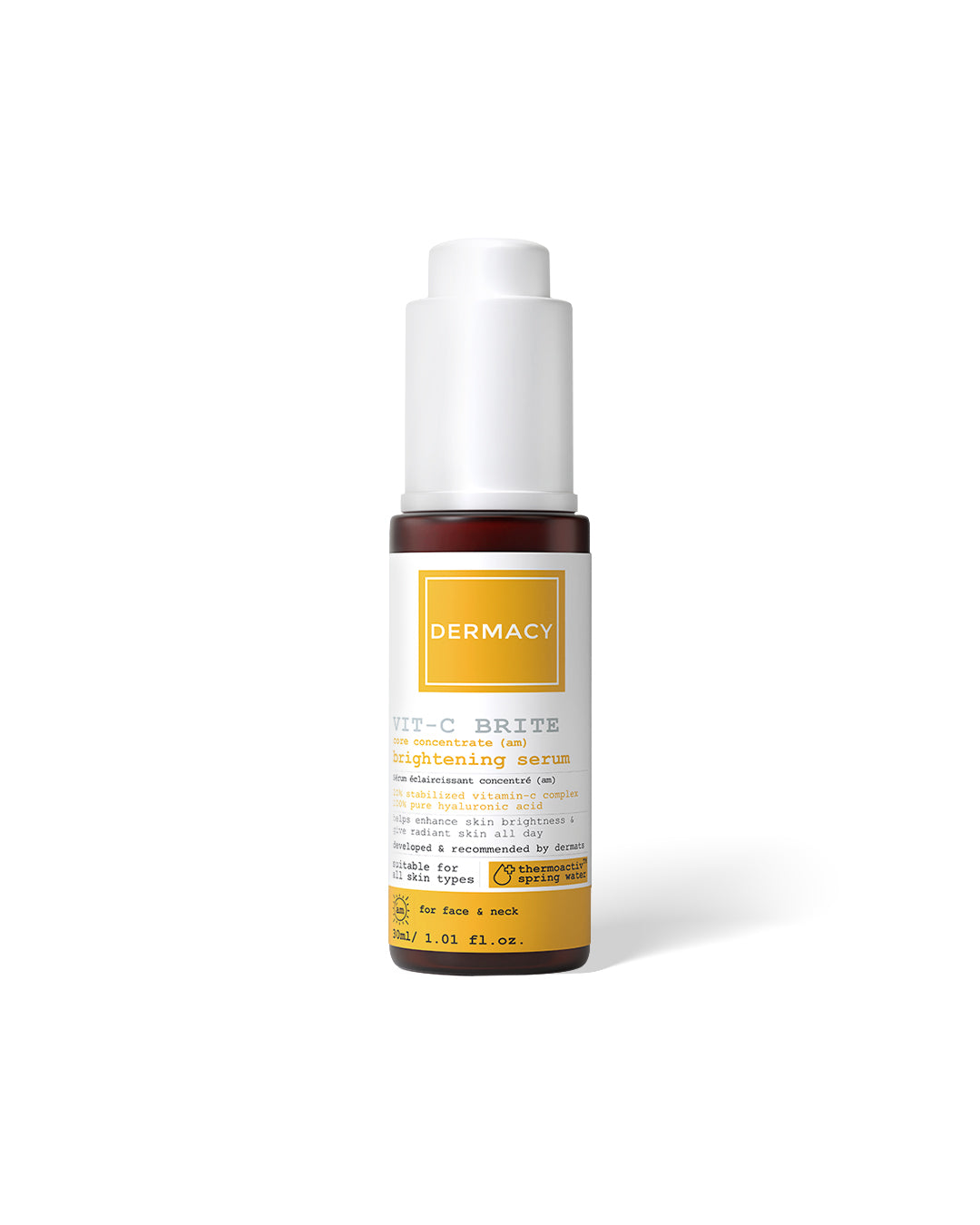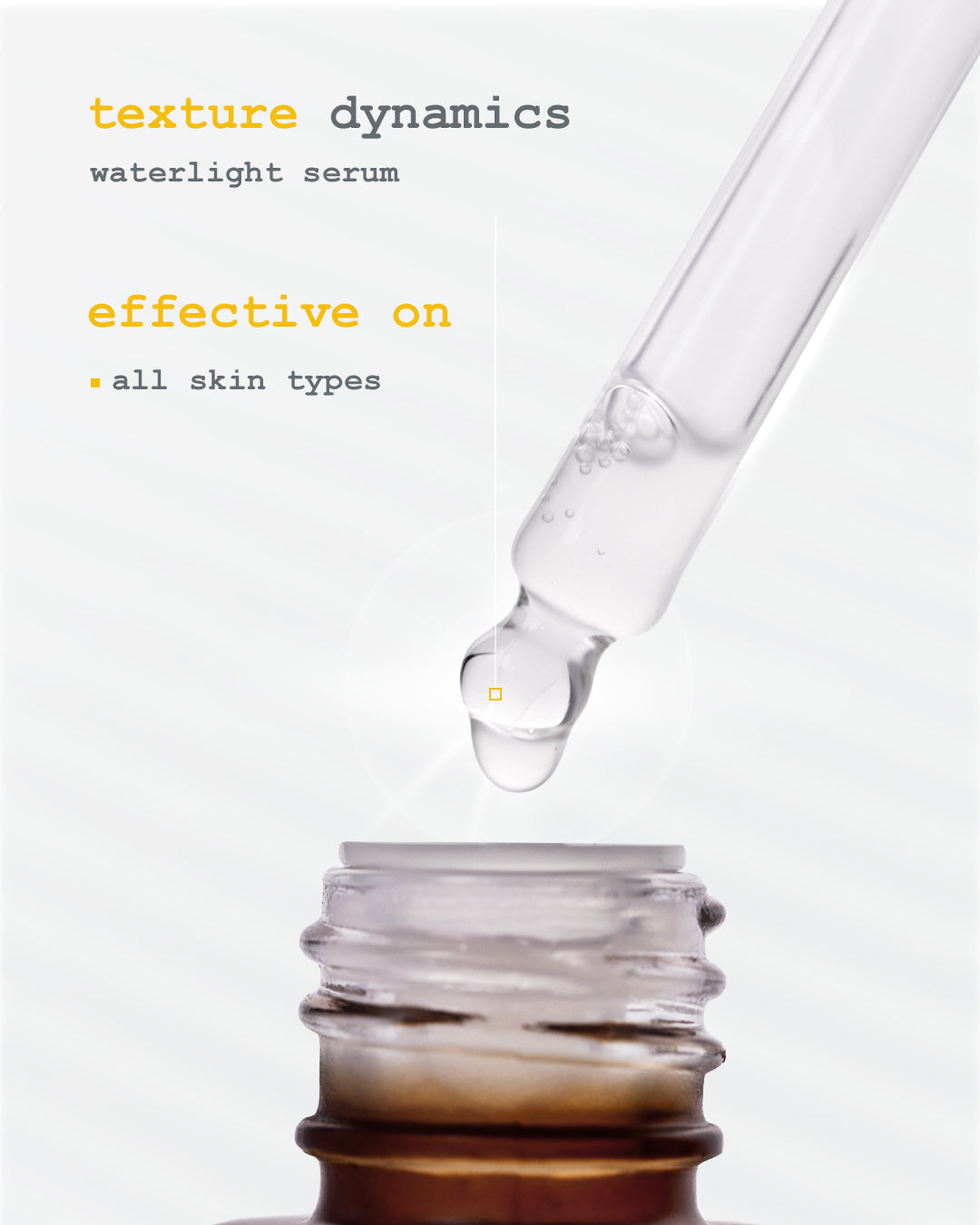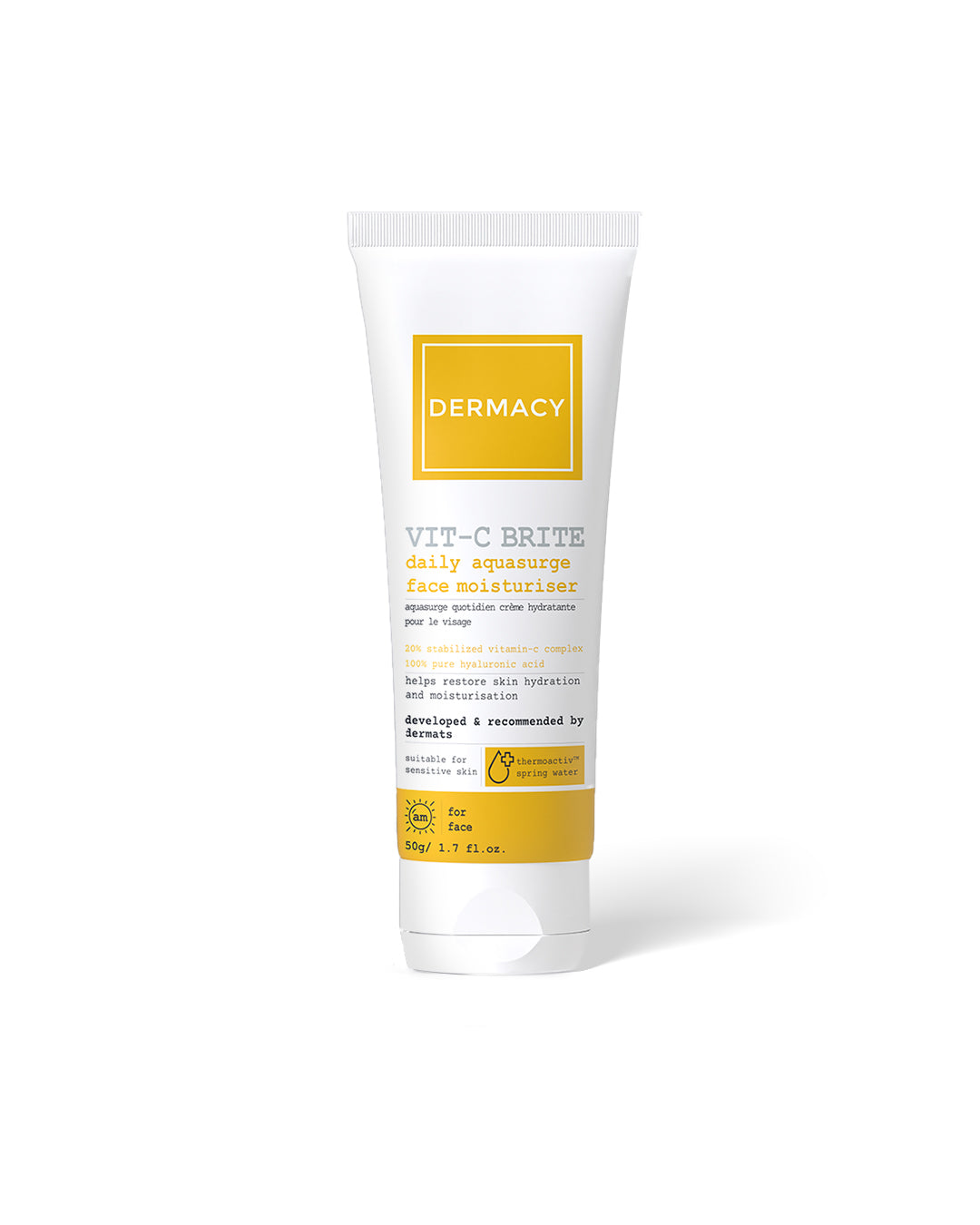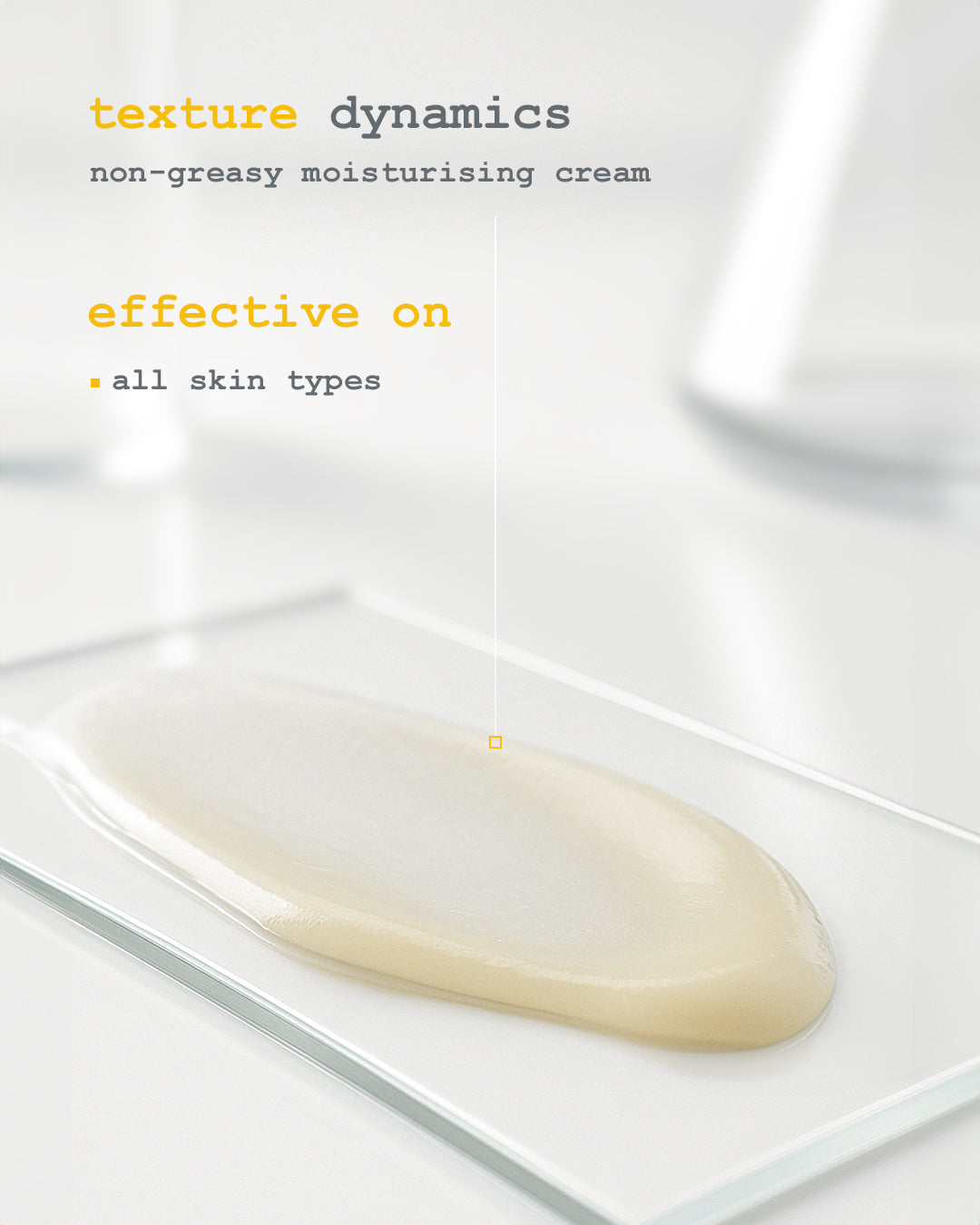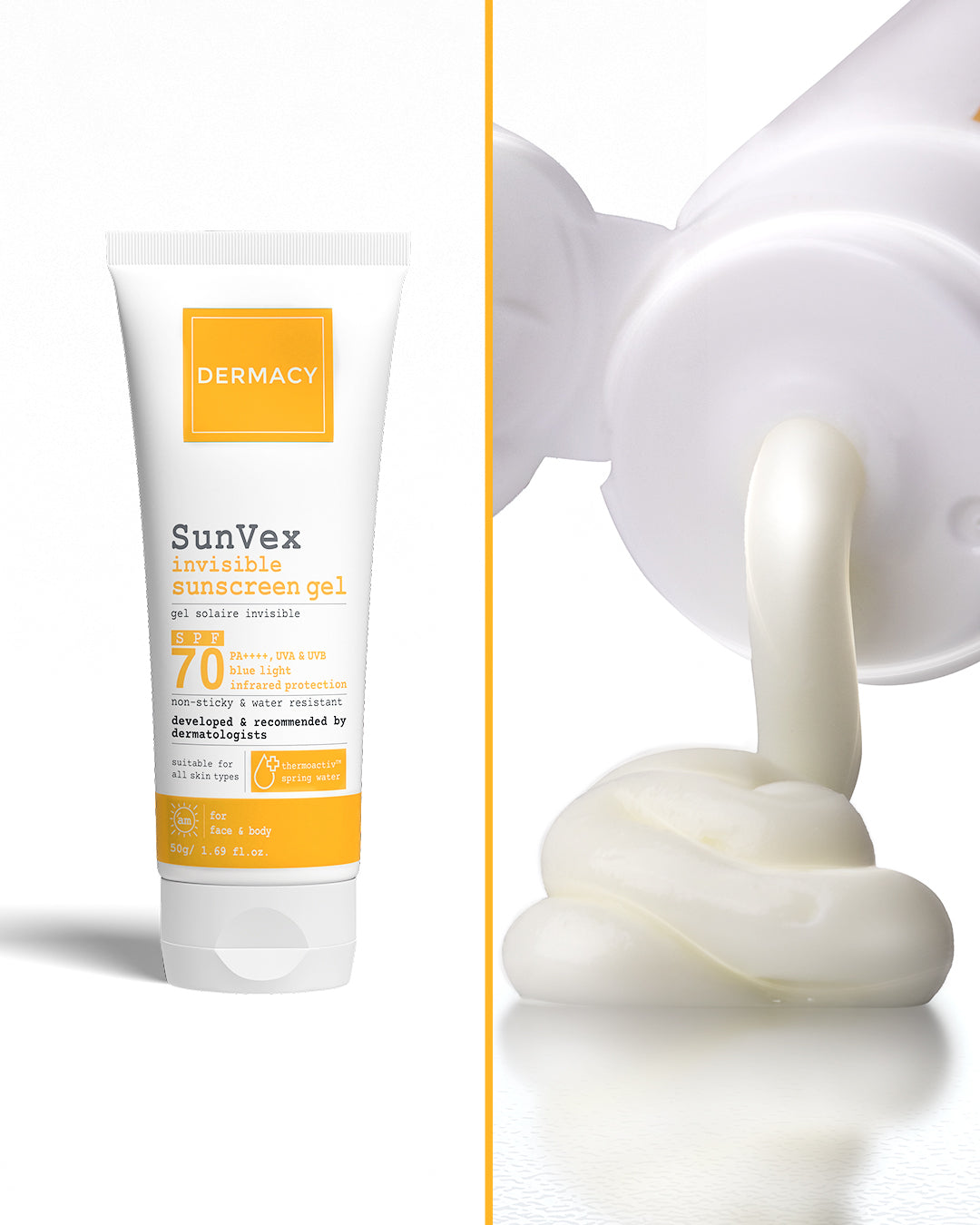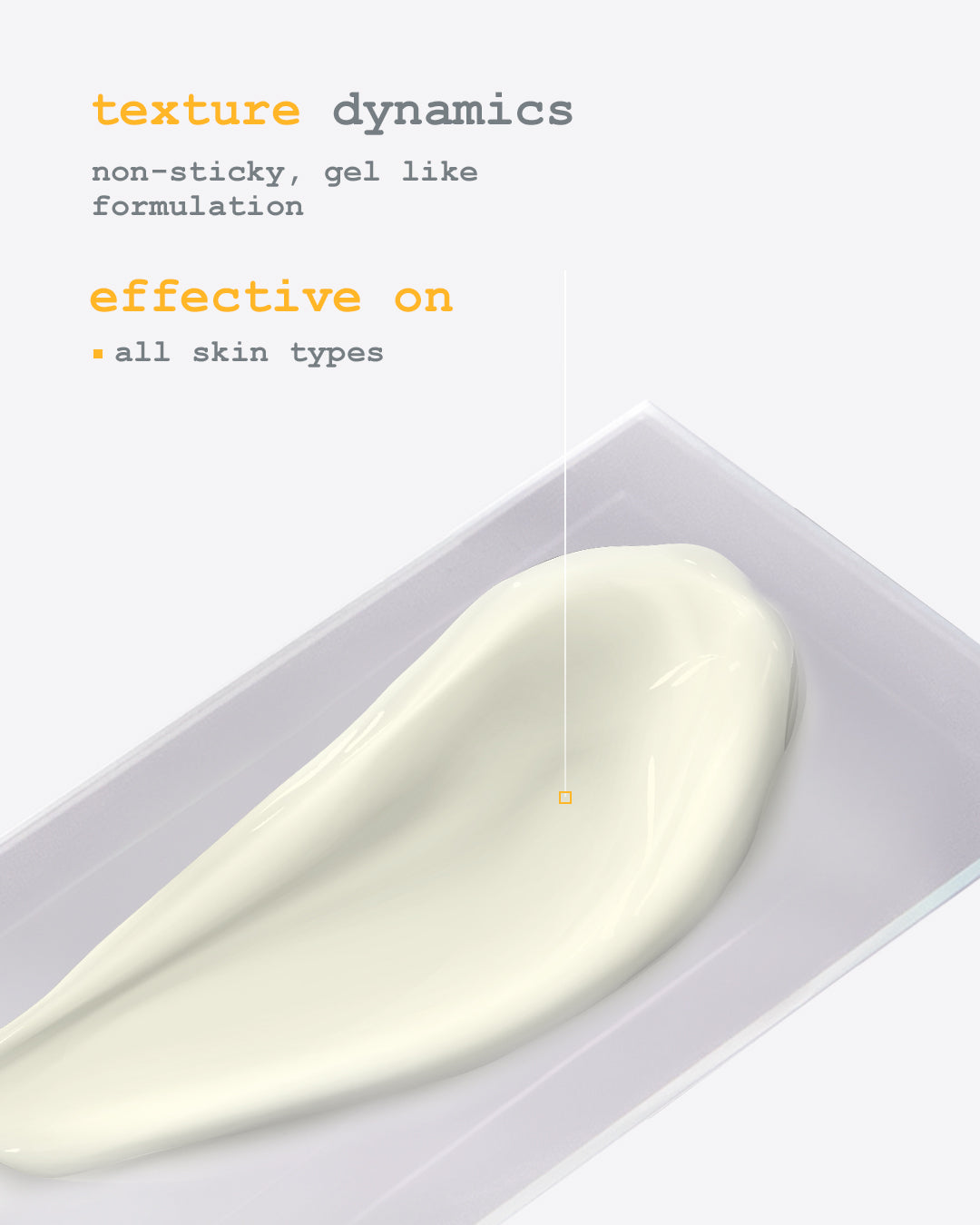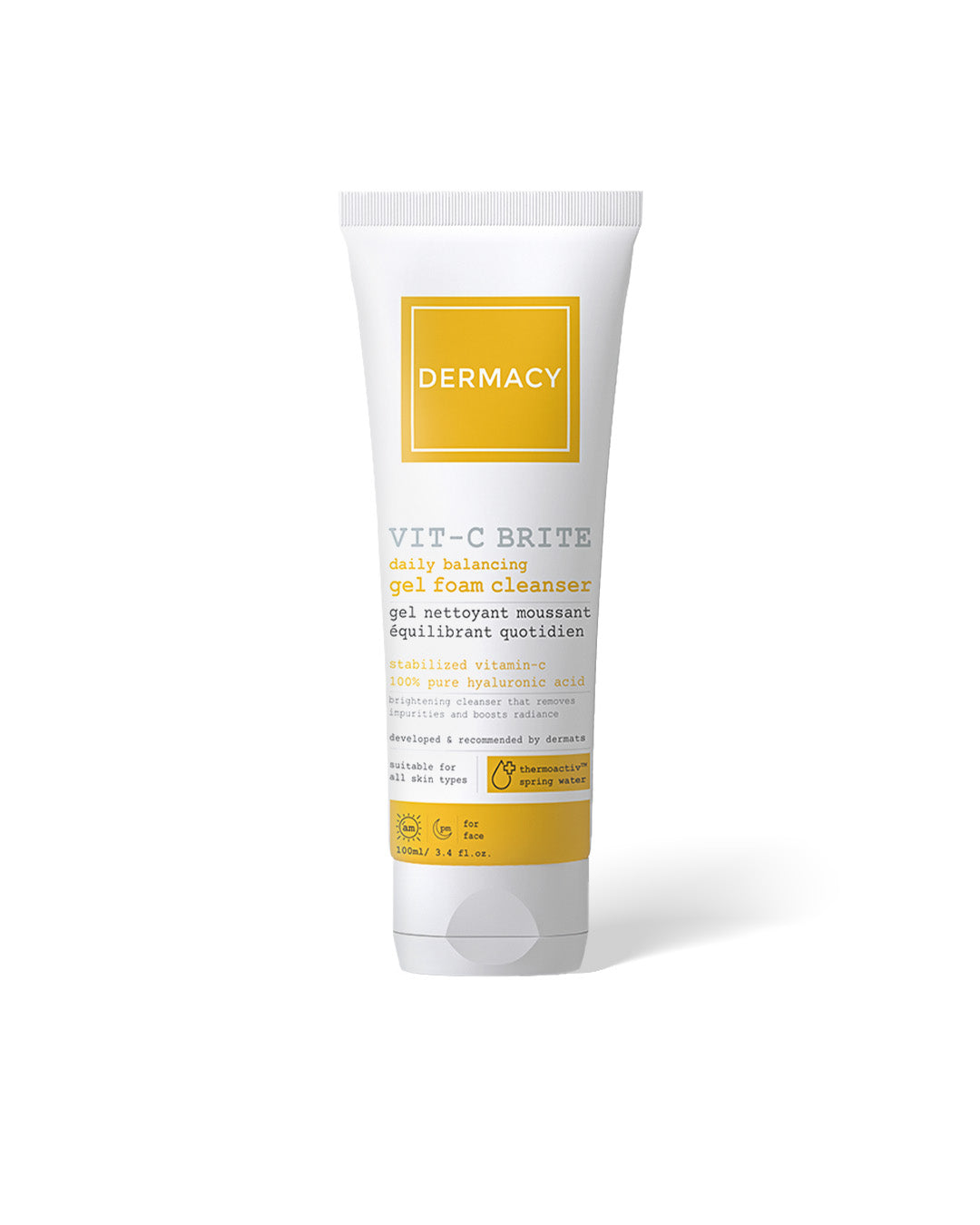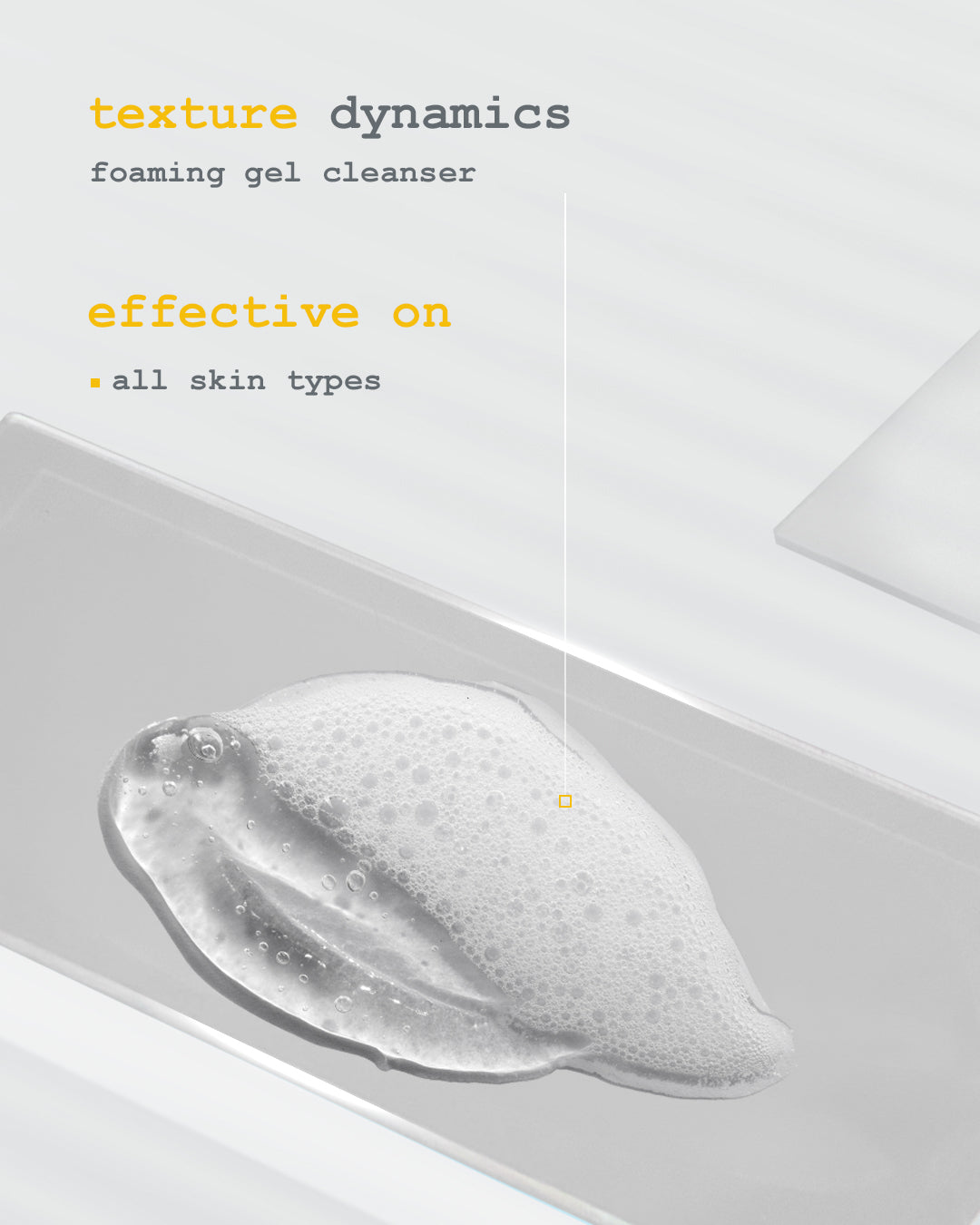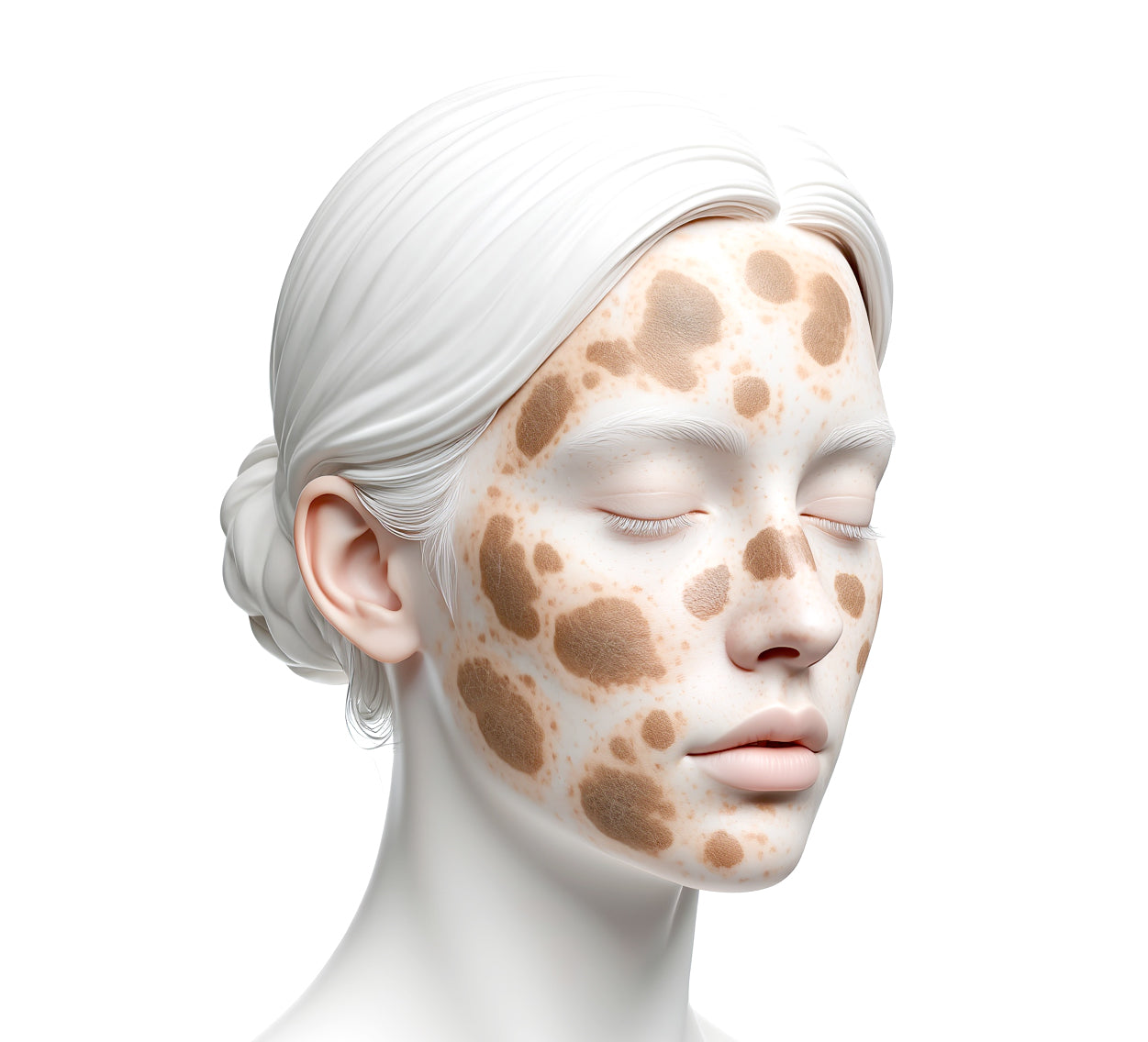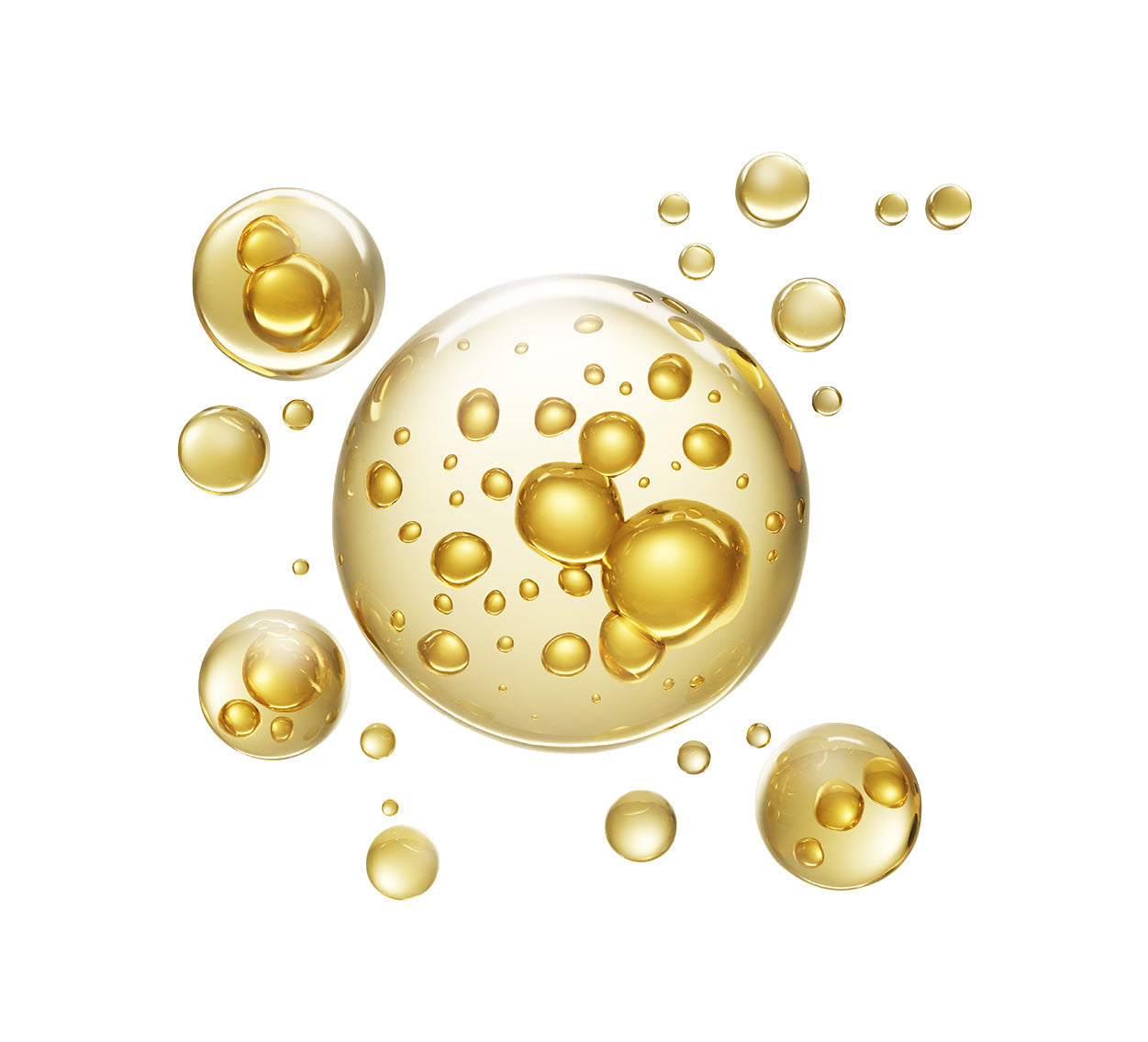Enlarged Pores: Why They Happen and What You Can Do About Them
How to Identify Enlarged Pores
- Clearly visible or textured pores across the T-zone
- Shiny or greasy skin throughout the day
- Frequent blackheads and congestion
- Uneven makeup finish due to product settling into pores
- Larger pores seen with age or after sun exposure
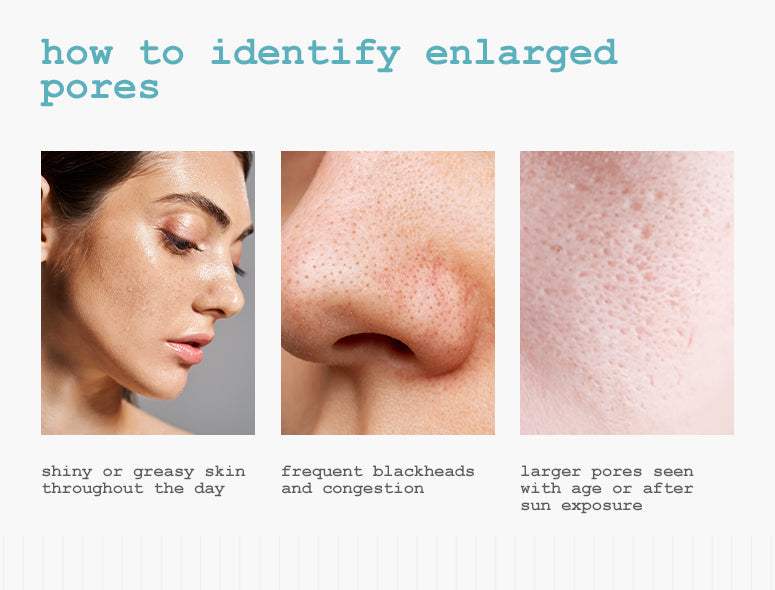
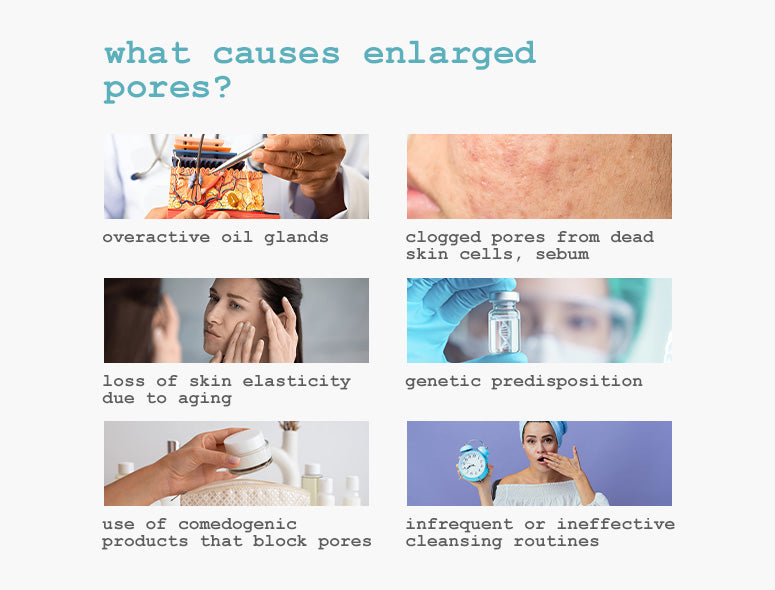
What Are Enlarged Pores?
Pores are tiny openings in the skin that release oil and sweat. Open pores—especially on the nose, cheeks, and forehead—may appear enlarged due to excess sebum, loss of elasticity, or buildup of dead skin cells and impurities. These visible pores are most common in oily and combination skin types.
What Causes Enlarged Pores?
- Overactive oil glands (common in oily skin types)
- Clogged pores from dead skin cells, sebum, and product residue
- Loss of skin elasticity due to ageing or sun exposure
- Genetic predisposition
- Use of comedogenic products that block pores
- Infrequent or ineffective cleansing routines
How to Minimize Pores Effectively
Although you can’t shrink pores permanently, these science-backed steps can help refine their appearance:
1. Cleanse with Non-Comedogenic Formulas
Use a gentle cleanser that clears oil and debris without over-drying.
2. Use Salicylic Acid for Pores
This BHA exfoliates deep within the pore lining, making it a top ingredient in open pores treatment. It also helps treat blackheads and texture.
3. Incorporate Retinol for Pores
Retinoids support cell turnover and collagen production, helping to tighten the look of enlarged pores and improve skin tone over time.
4. Add Niacinamide for Pores
A powerhouse in pore-minimising serum, niacinamide controls oil production and visibly refines pore size.
5. Use Broad-Spectrum SPF
Sun damage breaks down collagen and stretches pores. A blue light sunscreen with mineral filters and antioxidants helps preserve firmness.
6. Avoid Harsh Scrubs
Opt for a mild exfoliator or pore-minimising serum with BHAs or gentle retinoids to avoid microtears and inflammation.
Dermat Recommends
Cleansing is a key first step in managing enlarged pores, especially when oil buildup and surface debris contribute to their visibility. A formula that cleans without stripping is essential for long-term pore clarity and balance.
Dermacy’s Ceramide-3 Gentle Cleansing Face Wash *PRODUCT BACKLINK* is designed for daily use and formulated to support the skin barrier while effectively lifting away impurities, excess oil, and pore-clogging residue.
For those wondering how to reduce pores on the face or looking for an oil-free face moisturiser or gel-based formula that won't clog pores, this gentle cleanser is a foundational step.
Final Takeaways
If you’re searching for ways on how to minimise pores, the solution isn’t to close them, but to clear, support, and strengthen your skin so they appear less visible. A consistent routine with salicylic acid for pores, retinol, and niacinamide for pores can significantly improve texture over time.
With the right ingredients and practices, enlarged pores can be effectively managed. Prioritise barrier repair, gentle exfoliation, and sun protection—and choose non-comedogenic skincare that won’t undo your progress.





